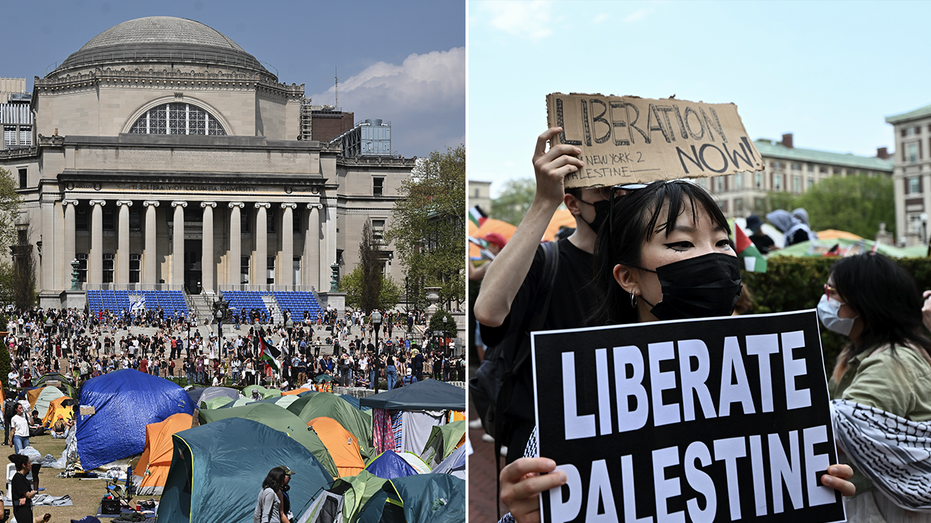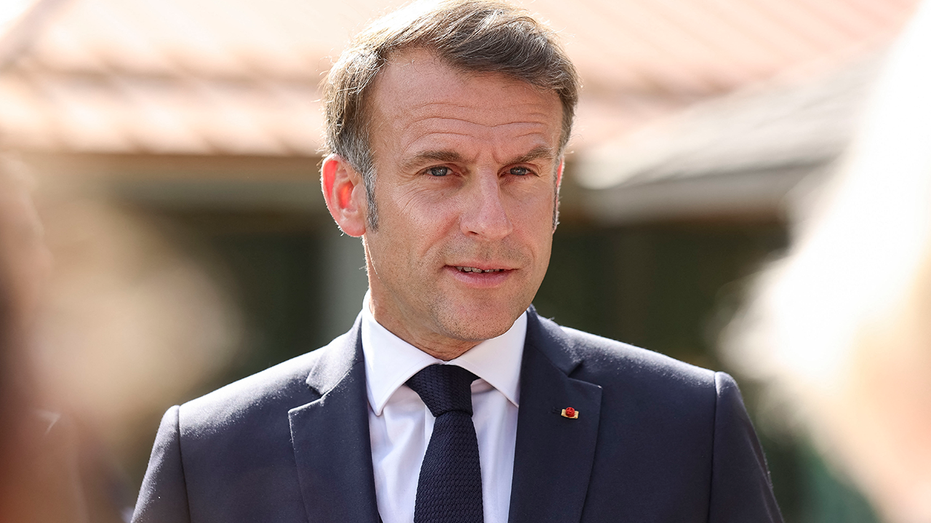Columbia Alum Backs Trump's Decision to Cut Federal Funds Over Antisemitism Concerns

Sarah Johnson
March 9, 2025
Brief
President Trump’s withdrawal of $400 million federal grants from Columbia University over alleged antisemitism ignites debate on campus hate, academic freedom, and university accountability.
President Donald Trump’s recent decision to withdraw $400 million in federal grants from Columbia University, citing concerns over a culture of antisemitism, has sparked a heated debate. This action is being hailed by some as a necessary wake-up call for universities, while others see it as an overreach.
Columbia alumna and journalist Asra Nomani testified at a Senate Judiciary Committee hearing titled, "Never to Be Silent: Stemming the Tide of Antisemitism in America," chaired by Sen. Chuck Grassley, R-Iowa. During the hearing, Sen. John Kennedy, R-La., brought attention to what he described as Columbia’s historical pattern of antisemitism, suggesting that hatred against Jews has been normalized under the Biden administration’s Diversity, Equity, and Inclusion (DEI) program. Nomani warned about an "industry" fostering anti-Jewish hate, emphasizing the rising antisemitism in the U.S. following Hamas’s Oct. 7 attack on Israel.
The issue of antisemitism on American campuses is becoming increasingly difficult to ignore. Violent protests against Jews and Israel have escalated, with Jewish students often finding themselves unsafe. While some argue that such incidents are minor compared to the broader conflict in Gaza, the testimony at the hearing underscored the gravity of the issue.
Nomani drew chilling parallels between the current climate at Columbia and her experiences as a student there in the late 2000s. She recalled instances where the university appeared to side with perpetrators of violence, such as hosting Iranian President Mahmoud Ahmadinejad in 2007, while failing to amplify the voices of Iranian women fighting oppression. In another instance, leftist and Islamic student groups shut down a lecture by conservative Dutch politician Geert Wilders, showcasing an intolerance for differing opinions at a university that claims to champion free speech.
The historical context of antisemitism was also highlighted during the hearing. Witnesses discussed how foreign influences and a network of organizations have perpetuated anti-Jewish sentiments. Nomani specifically pointed out that a coalition of approximately 1,500 organizations is spreading antisemitic propaganda and radicalizing youth in the U.S.
Nomani also recounted the harrowing murder of her Wall Street Journal colleague, Daniel Pearl, whose Jewish identity led to his beheading by Pakistani extremists. This personal connection underscored her argument that antisemitism is not an isolated issue but part of a broader, global problem fueled by malign foreign influences.
Organizations such as Code Pink, which advocates for a one-state solution to the Israeli-Palestinian conflict, were also spotlighted. Critics argue that such groups, which receive funding from controversial sources, play a role in exacerbating tensions and spreading anti-Israel rhetoric.
Trump’s decision to pull federal funding from Columbia is seen by supporters as a step in the right direction. They argue that it sends a strong message to institutions that tolerate or enable hate. Critics, however, caution against conflating campus activism with systemic antisemitism, warning that such actions could stifle free speech and academic freedom.
While the situation remains complex, one thing is clear: the debate over antisemitism on college campuses is far from over. The Senate hearing and Trump’s funding decision may mark the beginning of a broader reckoning for higher education institutions grappling with hate speech and ideological divides.
Topics
Editor's Comments
It’s wild to think that in a place like Columbia, a supposed haven of intellectual freedom, shutting down opposing views seems to have become the norm. Hosting a figure like Ahmadinejad while silencing others? That’s quite the contradiction. It’s like inviting the arsonist to lecture on fire safety while ignoring the firefighters.
Like this article? Share it with your friends!
If you find this article interesting, feel free to share it with your friends!
Thank you for your support! Sharing is the greatest encouragement for us.



